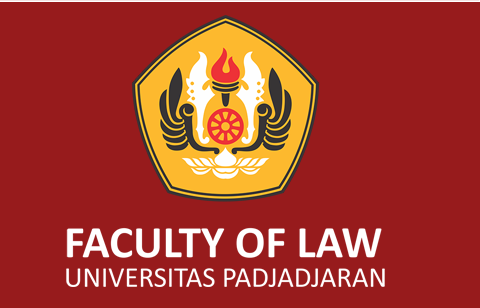Abstract
Peraturan Pemerintah Pengganti Undang-Undang Nomor 2 Tahun 2017 tentang Perubahan atas Undang-Undang Nomor 17 Tahun 2013 tentang Organisasi Kemasyarakatan mendapat kritik karena membatasi kebebasan berserikat dan memberi peluang pemerintah untuk mencabut status badan hukum organisasi kemasyarakatan tanpa melalui putusan pengadilan. Berdasarkan perspektif demokrasi deliberatif, tidak adanya proses deliberasi dalam pembentukan hukum dapat membuka peluang represi negara terhadap masyarakat sipil. Selain itu, berdasarkan perspektif rule of law, tidak adanya deliberasi dalam proses pengundangan memperlemah basis legitimasi dalam pembentukan hukum. Analisis dengan pendekatan konseptual dan perundang-undangan dalam tulisan ini menunjukkan bahwa walaupun pemerintah memiliki alasan yang kuat terkait aspek kekosongan hukum tetapi juga memiliki kelemahan substansial. Pertama, minimnya deliberasi di ruang publik dalam pembentukan Perpu Ormas melemahkan legitimasi. Kedua, lemahnya argumentasi penggunaan asas contrarius actus sebagai alasan mendesak untuk membentuk perpu. Ketiga, pembatasan terhadap kemerdekaan berserikat kontradiktif dengan jaminan dalam konstitusi, khususnya Pasal 28 dan Pasal 28J Undang-Undang Dasar 1945, yang secara tegas menyatakan bahwa pembatasan harus ditetapkan dengan undang-undang dan tidak menyebutkan perpu sebagai instrumen yang dapat membatasi derogable rights.
Principle of Contarius Actus on Government Regulations in Lieu of Law on Mass Organization: Critiques from Administravite Law and Human Rights Perspectives
Abstract
Government Regulation in Lieu of Law Number 2 of 2017 on Amendment of Law Number 17 of 2013 on Social Organizations (Perpu on Amendment to the Law on Social Organizations) is criticized for limiting freedom of association and allowing the government to revoke the status of legal body of social organizations without going through court decisions. Based on the perspective of deliberative democracy, the absence of a deliberation process in the legislation process can open up opportunities for state repression against civil society. Moreover, based on the rule of law perspective, the absence of deliberations in the legislation process undermines the legitimacy. The analysis with the conceptual and legislative approach in this paper shows that although the government has strong reasons for the legal void aspects but also has substantial weaknesses. First, the lack of deliberation in the public sphere in the formation of the perpu can undermines legitimacy. Secondly, the use of contrarius actus principle as urgent reason is a weak argument for establishing the Perpu. Thirdly, restrictions on freedom of association contradict the guarantees of the constitution, particularly Article 28 and Article 28J of the 1945 Constitution, which expressly state that restrictions must be established by law and do not mention the perpu as an instrument that may limit derogable rights.
Keywords: contrarius actus, human rights, freedom of association, mass organization, government regulation in lieu of law.
DOI: https://doi.org/10.22304/pjih.v4n2.a2
Recommended Citation
Nalle, Victor Imanuel
(2017)
"Asas Contarius Actus pada Perpu Ormas: Kritik dalam Perspektif Hukum Administrasi Negara dan Hak Asasi Manusia,"
Padjadjaran Jurnal Ilmu Hukum (Journal of Law): Vol. 4:
No.
2, Article 10.
DOI: https://doi.org/10.22304/pjih.v4n1.a2
Available at:
https://journal.unpad.ac.id/pjih/vol4/iss2/10
DOI
https://doi.org/10.22304/pjih.v4n1.a2










